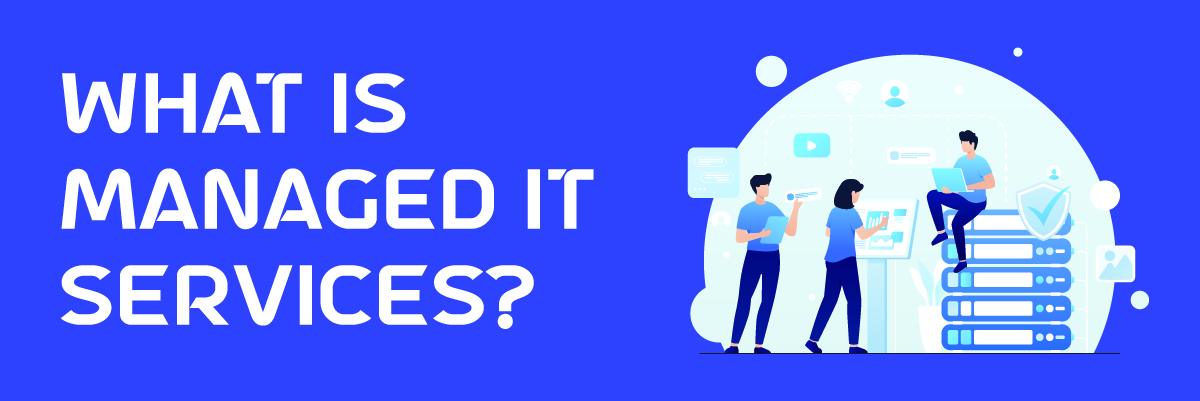The Role of Managed Services in Reducing Downtime

The Role of Managed Services in Reducing Downtime
Downtime can be detrimental to an organization’s success. Unplanned outages, system failures, and IT mishaps can lead to significant revenue losses, tarnished reputations, and disrupted operations. This is where managed services come into play. Managed services offer a proactive approach to IT management, ensuring that businesses can operate smoothly without the constant threat of downtime. This article delves into the role of managed services in reducing downtime, highlighting their benefits, components, and impact on overall business productivity.
The Impact of Downtime on Businesses
Downtime can have far-reaching consequences for businesses of all sizes. The immediate impact is often financial, with lost sales and productivity. However, the repercussions can extend to customer satisfaction, brand reputation, and employee morale. Studies have shown that even a few minutes of downtime can cost businesses thousands of dollars, emphasizing the need for robust IT management strategies.
Understanding Managed Services
Managed services refer to the practice of outsourcing the responsibility for maintaining and anticipating the need for a range of processes and functions to improve operations and cut expenses. This includes the management of IT infrastructure and end-user systems, with a focus on proactive monitoring and maintenance. By leveraging managed services, businesses can benefit from expert knowledge and technology without the need for extensive in-house resources.
How Managed Services Reduce Downtime
1. Proactive Monitoring and Maintenance
One of the primary ways managed services reduce downtime is through proactive monitoring and maintenance. Managed Service Providers (MSPs) use advanced monitoring tools to keep an eye on systems 24/7, identifying potential issues before they escalate into significant problems. This continuous vigilance ensures that any anomalies are addressed promptly, minimizing the risk of unexpected outages.
2. Automated Updates and Patch Management
Keeping systems up-to-date with the latest software patches and updates is crucial for security and performance. Managed services include automated patch management, ensuring that all systems are consistently updated without manual intervention. This automation helps prevent vulnerabilities that could lead to downtime, as well as enhancing overall system performance.
3. Regular Backups and Disaster Recovery Planning
Managed services also encompass regular data backups and comprehensive disaster recovery planning. In the event of a system failure or data loss, having recent backups and a well-defined recovery plan can significantly reduce downtime. MSPs ensure that data is backed up regularly and stored securely, enabling quick restoration when needed.
4. Enhanced Security Measures
Cybersecurity threats are a significant cause of downtime for many businesses. Managed services provide enhanced security measures, including firewalls, intrusion detection systems, and antivirus solutions. By safeguarding systems against potential threats, MSPs help ensure continuous operations and minimize the risk of security breaches leading to downtime.
5. Scalability and Flexibility
Managed services offer scalability and flexibility, allowing businesses to adjust their IT resources as needed. This adaptability ensures that companies can handle increased demand without experiencing performance issues or downtime. Whether expanding operations or dealing with seasonal fluctuations, managed services provide the necessary support to maintain smooth operations.
6. Expert Support and Troubleshooting
Having access to expert support is another critical component of managed services. MSPs provide a team of skilled IT professionals who can troubleshoot and resolve issues quickly. This expertise ensures that any problems are addressed efficiently, minimizing downtime and allowing businesses to focus on their core activities.
Benefits of Managed Services
1. Cost Savings
Outsourcing IT management to a managed services provider can result in significant cost savings. Businesses can avoid the expenses associated with hiring and training in-house IT staff, purchasing and maintaining hardware, and dealing with unexpected repair costs. Managed services offer predictable monthly fees, making budgeting easier.
2. Improved Efficiency
With managed services, businesses can streamline their IT operations and improve overall efficiency. By offloading routine tasks to an MSP, internal teams can focus on strategic initiatives that drive growth and innovation. This improved efficiency translates into better productivity and a stronger competitive edge.
3. Increased Uptime
The primary goal of managed services is to maximize uptime. With proactive monitoring, regular maintenance, and swift issue resolution, MSPs ensure that systems remain operational and available. This increased uptime directly impacts business continuity, customer satisfaction, and revenue generation.
4. Access to Advanced Technology
Managed services provide businesses with access to the latest technology and industry best practices. MSPs invest in cutting-edge tools and platforms, allowing their clients to benefit from advanced capabilities without significant capital investment. This access to technology ensures that businesses stay ahead of the curve.
5. Focus on Core Business Activities
By outsourcing IT management, businesses can focus on their core activities and strategic goals. Managed services free up valuable time and resources, enabling companies to concentrate on what they do best. This focus on core competencies enhances overall business performance and growth.
Proactive Monitoring and Prevention
For organizations looking to enhance their IT capabilities, partnering with IT managed services providers can offer a game-changing solution. Top providers prioritize proactive maintenance to maximize productivity and minimize downtime. By leveraging automation, artificial intelligence (AI), and expert oversight, managed services for IT focus on identifying and addressing issues before they impact business operations.
Many businesses still operate reactively: an issue arises, a ticket is created, and IT teams work to resolve it. While effective, this model often results in costly downtime. In contrast, a proactive approach emphasizes preventing problems entirely. IT teams utilizing proactive maintenance monitor systems continuously, perform regular performance reviews, and address minor issues before they escalate into major disruptions.
Advanced tools like AI and automation are critical to this approach. These technologies detect subtle irregularities, predict potential failures, and even implement self-healing solutions without human intervention. This allows technicians to focus on tasks that require expertise while automation ensures continuous system performance.
The benefits of managed services for IT extend beyond reduced downtime. Organizations gain greater efficiency, cost savings, and peace of mind knowing their IT infrastructure is well-maintained. Adopting a proactive model ensures smoother operations and long-term business success.
Protected Harbor is Not Your Usual MSP
One might think that many MSPs offer similar services, but what sets us apart is our unique approach to IT management. We don’t just maintain your infrastructure; we redesign and rebuild it from the ground up. This comprehensive approach allows us to correlate events more effectively, ensuring faster response times and significantly reducing downtime. Unlike typical MSPs, our strategy involves deep integration and customization, tailored specifically to each client’s unique needs.
Our proactive monitoring system is designed to identify and address potential issues before they escalate, thanks to advanced event correlation techniques. By continuously analyzing data from various sources, we can pinpoint root causes with unmatched precision. This enables us to implement timely and efficient solutions, maintaining optimal system performance and reliability.
Furthermore, our commitment to innovation means we leverage the latest technologies and best practices to stay ahead of emerging threats and challenges. With Protected Harbor, you’re not just getting an MSP; you’re partnering with a dedicated team focused on maximizing uptime, enhancing security, and driving your business success. Experience the difference with our tailored solutions that ensure your IT infrastructure is robust, resilient, and ready for the future.
The Future of Managed Services
As technology continues to evolve, the role of managed services will become increasingly critical. Emerging technologies such as artificial intelligence, machine learning, and the Internet of Things (IoT) will further enhance the capabilities of MSPs. These advancements will enable even more proactive monitoring, predictive maintenance, and efficient problem resolution, reducing downtime to unprecedented levels.
Choosing the Right Managed Services Provider
Selecting the right managed services provider is essential for maximizing the benefits and minimizing downtime. Businesses should consider factors such as the provider’s experience, range of services, technology expertise, and customer support. A reliable MSP should align with the company’s goals and provide a customized approach to IT management.
Partnering with a premier Managed Services Partner like Protected Harbor can further enhance your infrastructure providing tailored solutions to meet specific business needs. With our expertise and commitment to excellence, businesses can achieve maximum uptime and drive success in today’s competitive landscape.
Ready to reduce downtime and enhance your business operations? Partner with Protected Harbor and experience the benefits of expert IT management. Contact us today to learn more about our tailored solutions and how we can help your business thrive.


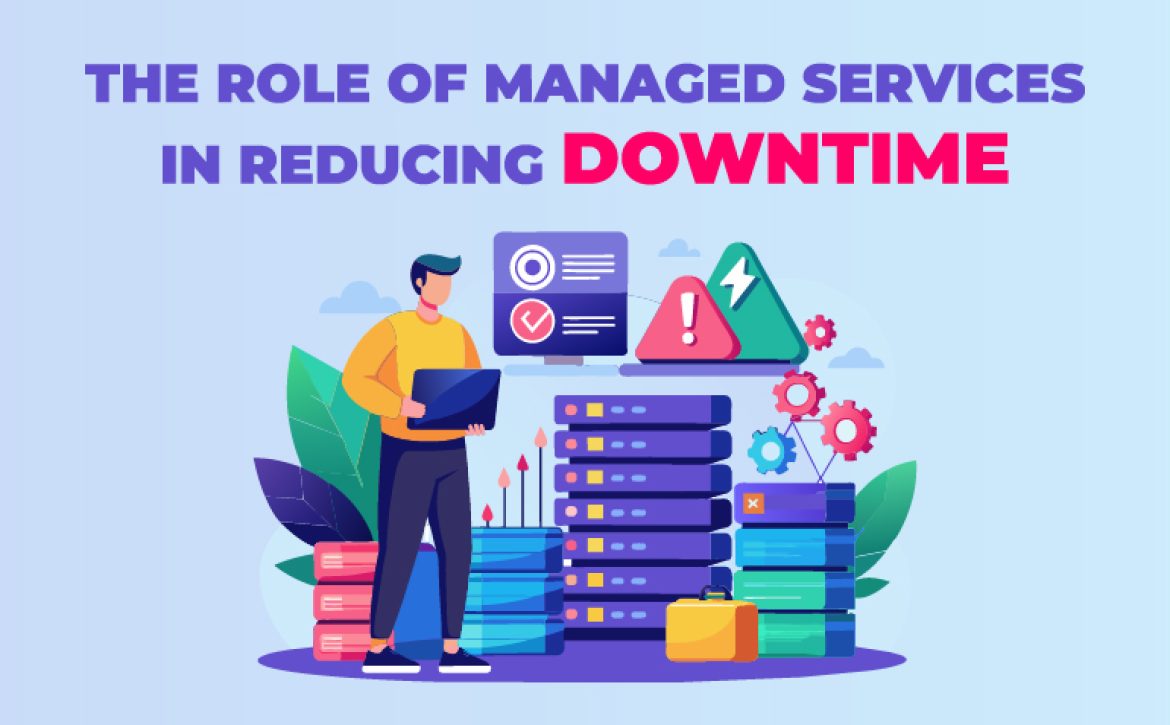


 6. Customer Support and Communication
6. Customer Support and Communication

 Cloud-based Solutions are Becoming Increasingly Popular in the Managed Services Market
Cloud-based Solutions are Becoming Increasingly Popular in the Managed Services Market

 What are the Benefits of Using Managed IT Services?
What are the Benefits of Using Managed IT Services?
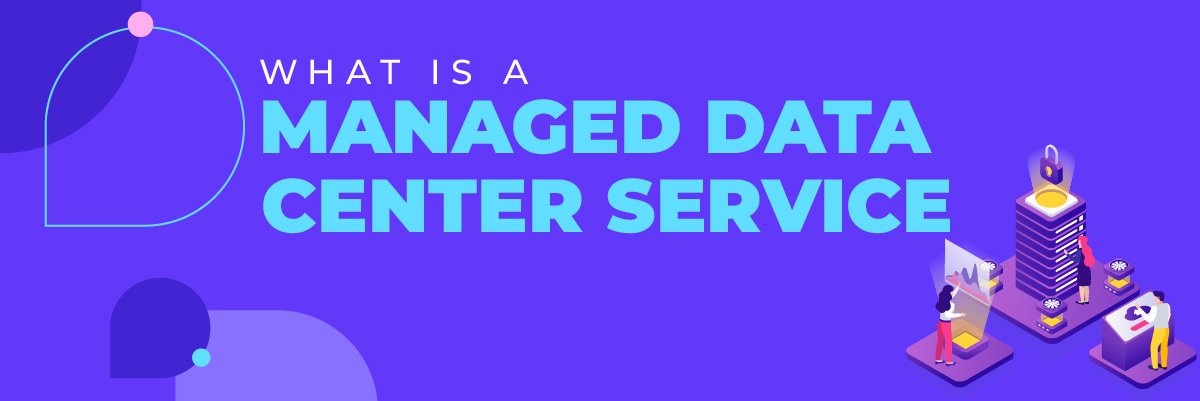



 Best Data Center Managed Services 2022
Best Data Center Managed Services 2022
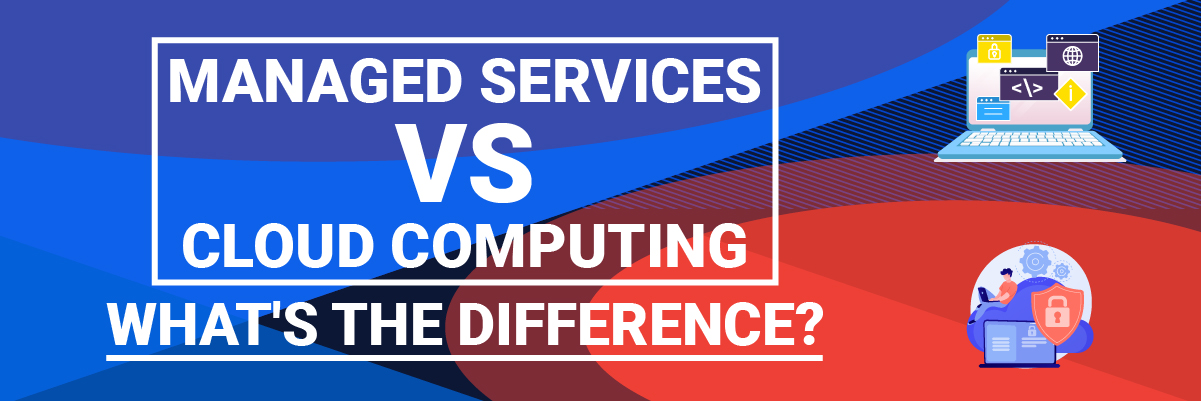


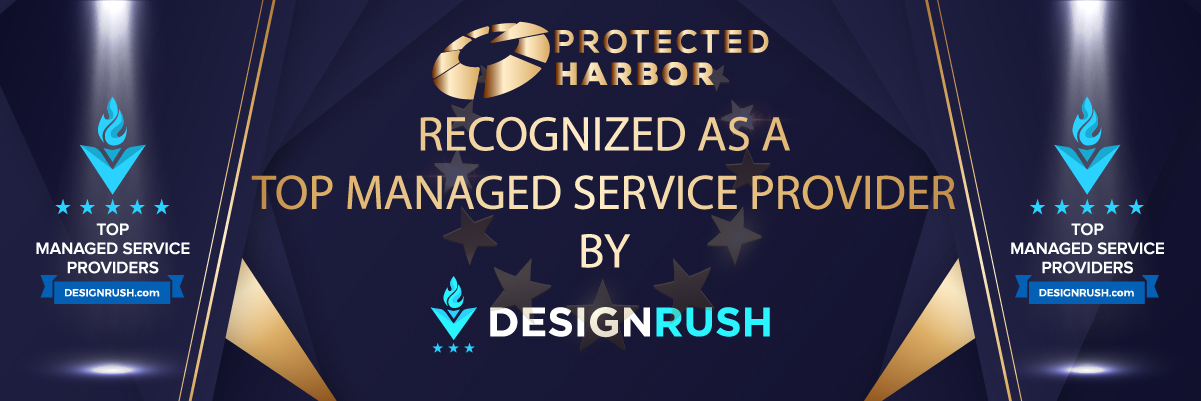
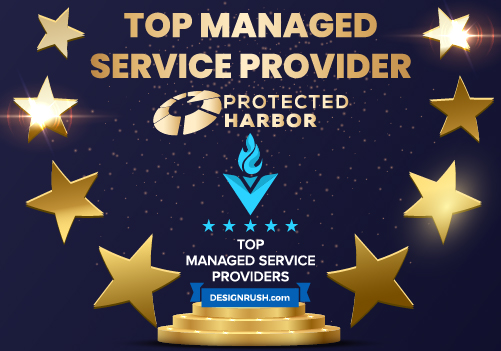 The award of
The award of 

 The
The  Service Level Agreements:
Service Level Agreements:
